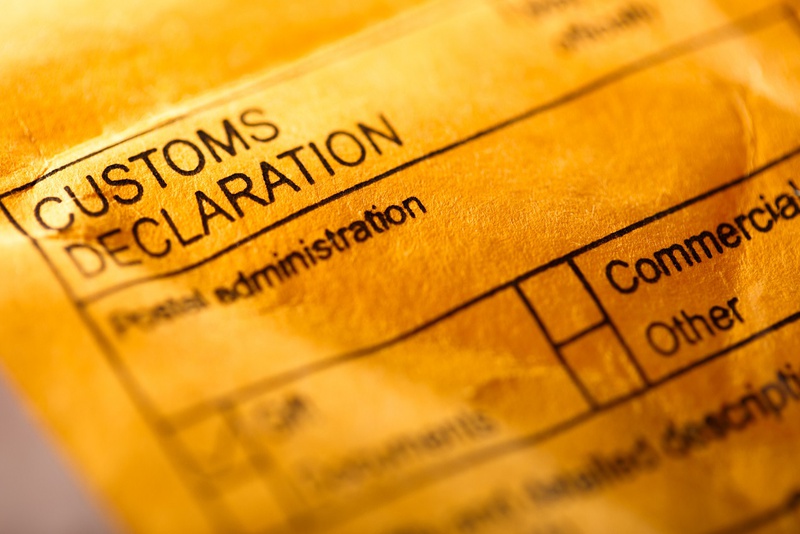HMRC has warned businesses that Customs Declarations on imports from the EU will change once again at the start of 2022.
Customs declarations
From the 1st January 2022, businesses will no longer be able to delay making import customs declarations under the Staged Customs Control rules that have applied during 2021. Most businesses will have to make declarations and pay relevant tariffs at the point of import.
The tax authority says businesses should consider how they will make their declarations. They can either appoint an intermediary, such as a customs agent or submit the declarations themselves. Further advice is available via the gov.uk website.
Some businesses already have a ‘Simplified Declarations’ authorisation from HMRC that allows their goods to be released directly to a specified customs procedure without having to provide a full customs declaration at the point of release.
Businesses that want to use Simplified Declarations will need authorisation to do so. It can take up to 60 calendar days to complete the checks needed for this and therefore a new application may not be authorised until late February or early March at the earliest.
From the 1st January 2022, businesses must use the correct country code for the country of origin and the country of dispatch when they complete their customs declaration. HMRC says that for EU countries, the individual country code of the relevant member state should be used. The EU country code must not be used and will be removed from HMRC’s systems.
Border Controls
Ports and other boarder locations will be required to control goods moving between Great Britain and the EU. This means that unless goods have a valid declaration and have received customs clearance, they will not be able to be released into circulation, and in most cases will not be able to leave the port.
From 1st January 2022, goods may be directed to an Inland Border Facility for documentary or physical checks if these checks cannot be done at the border. It is important that those involved in transporting your goods are ready and understand how you intend to operate from January 2022.
From the start of the year, you must also submit an ‘arrive’ export declaration if your goods are moving through one of the border locations that uses the arrived export process. If you do not follow the correct process from the 1st January 2022, the new system will not permit your goods to leave the country and they will be turned aways as they will not hold export clearance.
If you use a service such as a courier or a freight forwarder to move your goods, you will need to check their terms and conditions about who will make the declarations and what other information they will need from you to do this.
Postponed VAT Accounting
If you are a VAT registered importer, you can continue to use Postponed VAT Accounting (PVA) on all customs declarations that require you to account for Import VAT, including supplementary declarations, except when HMRC have told you otherwise.
With further changes to be introduced from July 2022, including requirements for full safety and security declarations for all imports and for Export Health Certificates, we strongly recommended that you seek advice from professional advisers and government agencies as the new changes are introduced.



